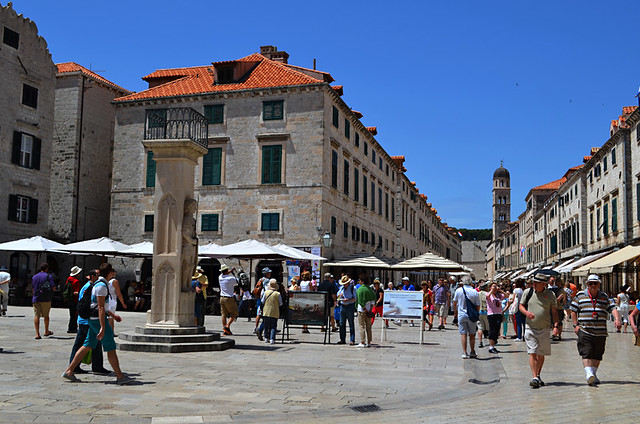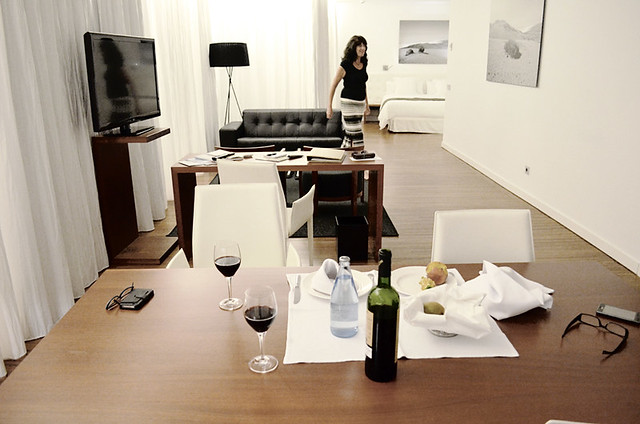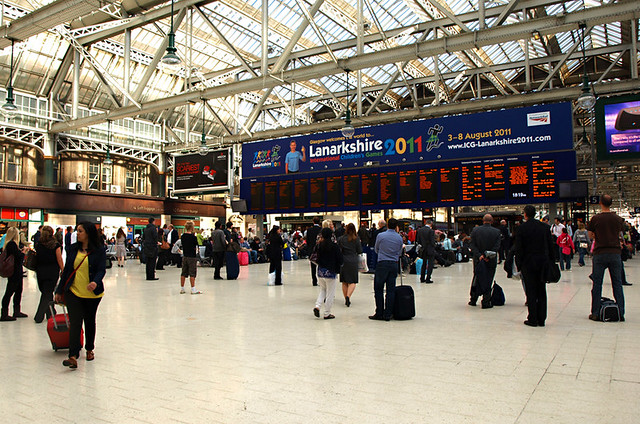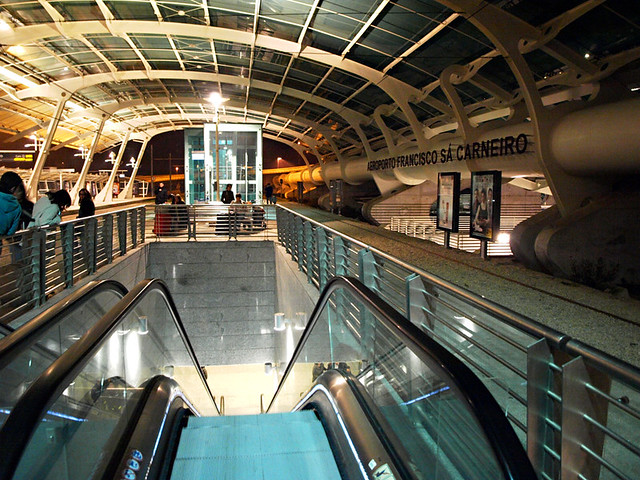Backpackers are on the decline, more and more people are using online sources to check out information about potential holiday destinations and the number of young people who describe themselves as tourists rather than travellers has rocketed.
The ITB World Travel Trends Report by Messe Berlin GmbH highlighted some surprises relating to current and future travel trends. One thing is certain in 2014, the role of online sources to provide useful information to travellers from around the globe is only going to become more important.
These are some of the findings from the 2013/2014 report that interested us.
Types of Trips
It looks like more and more of us are going urban with the popularity of city breaks on the rise, increasing by 47% since 2009. Also popular are touring holidays, showing a healthy swell of 27% in the same period. Beach and sun holidays are never going to go out of fashion and whilst their popularity didn’t grow so impressively, 12% more people than in 2009 sprawled out on the hot sand somewhere.
Where are people booking their trips?
High Street travel agents are feeling the pinch with 65% of people now booking online whilst around 20% still like to do it the old fashioned way. Mobile bookings are on the rise but still only account for 2% of all bookings. However, signs from a techno savvy east suggest that it won’t be long before mobile bookings start to shoot up. In China the figure is 4%.
Where are people doing their research?
If you’re sitting in your empty bar or restaurant saying ‘I’m too busy to have a website or go on facebook’ whilst also bemoaning a lack of customers, you won’t be reading this anyway. However, in Europe and the US of A, two thirds of travellers check out review sites, blogs, facebook etc. before packing those suitcases. In Brazil that figure rises to 84% and in China, leading the way again, it’s a whopping 95%. If your business relies on tourism and you still aren’t online then it might not be long before it’s adiós, arrivederci and auf wiedersehen.
What accommodation are people booking?
This is one of the most interesting areas. The hospitality market is seriously fragmenting with rises in demand at opposite ends of the scale – budget and luxury.
Even with an economic crisis still hovering in the background, the luxury end of the travel market has increased by 19%. Private and alternative accommodation have been big winners with 31% more people wanting to look after themselves or stay somewhere that little bit different.
There are interesting things happening at the budget end of the market where hoteliers are cottoning on to the trend set by low budget airlines and offering a wider range of good value accommodation, especially in cities. Demand for this type of accommodation has risen by 15%.
The response to this demand is that the standard of budget accommodation is improving even to the point that the line between a hostel and a budget hotel is becoming increasingly blurred.
Losers in the accommodation stakes are the bland mid-market hotels for whom demand has only risen by 8%.
What about the travellers?
Some of the most surprising changes in patterns amongst travellers is happening in the younger end of the market, the under 30s.
Less and less younger travellers see themselves as backpackers; a 15% decrease over the last decade. Instead there are more flashpackers; tech savvy travellers with a bit more dosh who are more likely to stay in a hotel than a hostel, especially if they’re aged between 25 and 29. If they do stay in a hostel they’re more likely to opt for a room than a dorm.
Although the 15-29 age group now makes up 20% of the global market, they aren’t necessarily travelling to enjoy a vacation. Only 45% travel to have a holiday (a deliberate change of the term so that folks on both sides of the Atlantic know what I’m talking about). A huge 38% travel for educational purposes (i.e. to learn a language or to study).
One of the things that has changed significantly and which might surprise some is how younger travellers view themselves. In 2002 only 15% described themselves as tourists. By 2012 that figure had doubled to 30%.
You can analyse statistics till the cows come home and come up with all sorts of conclusions. But what is clear from the ITB report is that the internet especially has been instrumental in providing a greater range of more informed travel choices for everyone, resulting in a greater fragmentation of the market than there has ever been.
Travellers, tourists – call us what you will – are becoming more savvy all the time; those with businesses in the tourism industry simply have to keep up with developments online if they want to remain competitive.
Jack is co-owner, writer and photographer for BuzzTrips and the Real Tenerife series of travel websites as well as a contributor to online travel sites and travel magazines. Follow Jack on Google+









Be the first to comment